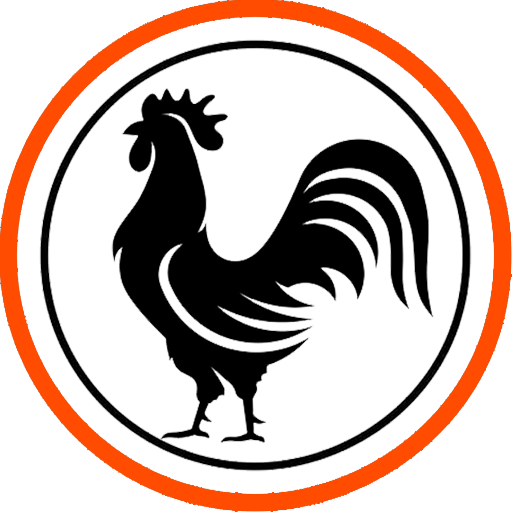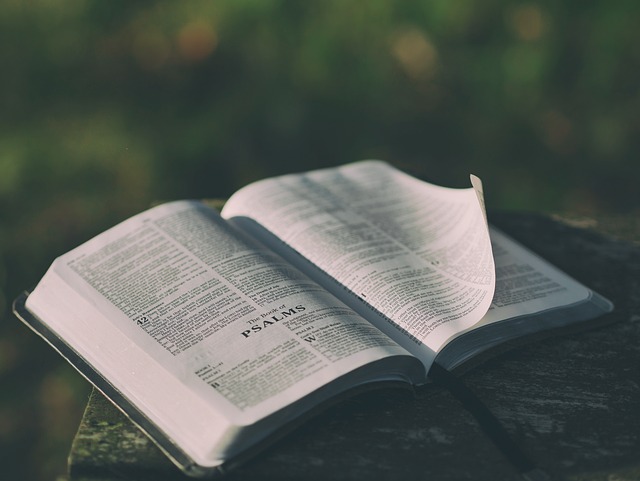When it comes to addressing life’s challenges and seeking guidance, the type of problem you face can guide your choice of reading material. Timeless problems often require the wisdom of timeless books, while modern problems are best navigated through the insights of contemporary literature. Knowing which to turn to can help you find the right solutions more effectively.
Timeless Problems and Timeless Books
Timeless problems are universal issues that have existed across generations—questions about purpose, morality, relationships, human nature, or personal growth. These are challenges that remain constant regardless of technological advancements or societal changes.
Why Timeless Books Are Ideal:
Timeless books draw on the shared human experience and offer wisdom that transcends specific eras. Their themes, lessons, and philosophies are rooted in enduring truths that continue to resonate.
Examples of Timeless Books:
- Meditations by Marcus Aurelius: A guide to inner peace and stoic resilience.
- The Bhagavad Gita: Insights into duty, selflessness, and purpose.
- Pride and Prejudice by Jane Austen: A study of love, class, and human relationships.
- Crime and Punishment by Fyodor Dostoevsky: An exploration of guilt, redemption, and morality.
- The Art of War by Sun Tzu: Timeless strategies for conflict resolution and leadership.
When to Reach for Timeless Books:
- When grappling with existential questions about life and purpose.
- When seeking enduring values and principles to guide behavior.
- When needing perspective on struggles shared across humanity.
Modern Problems and Modern Books
Modern problems often arise from the complexities of contemporary life—issues like navigating technology, addressing mental health in a digital age, tackling climate change, or understanding modern social dynamics. These challenges are rooted in recent advancements, cultural shifts, and evolving global contexts.
Why Modern Books Are Ideal:
Modern books address the nuances of current realities. They integrate contemporary research, recent innovations, and up-to-date insights that older texts may not cover.
Examples of Modern Books:
- Deep Work by Cal Newport: Strategies for focus in a distracted digital world.
- How to Avoid a Climate Disaster by Bill Gates: A roadmap to tackling climate change.
- The Body Keeps the Score by Bessel van der Kolk: Understanding trauma and mental health.
- Atomic Habits by James Clear: Practical advice for building habits in today’s fast-paced environment.
- Invisible Women by Caroline Criado Perez: Insights into gender bias in modern systems.
When to Reach for Modern Books:
- When facing challenges tied to technology or current events.
- When seeking cutting-edge research or actionable advice tailored to today.
- When understanding modern social or professional trends.
How to Choose Between Timeless and Modern Books
- Define the Problem:
- Is it rooted in universal human experience (e.g., finding purpose)? → Timeless books.
- Is it shaped by contemporary factors (e.g., managing screen time)? → Modern books.
- Blend Perspectives:
Sometimes, both timeless and modern insights are valuable. For example, combine ancient philosophy with modern productivity techniques for a balanced approach to personal growth. - Seek Recommendations:
Explore curated lists or trusted sources to identify whether timeless or modern books best address your needs.
Conclusion
For challenges rooted in the universal human condition, timeless books offer enduring wisdom. For navigating the complexities of today’s world, modern books provide relevant and actionable insights. By choosing the right type of book for your problem, you can draw on the best of both worlds and equip yourself with the tools to thrive, no matter the era or challenge.

